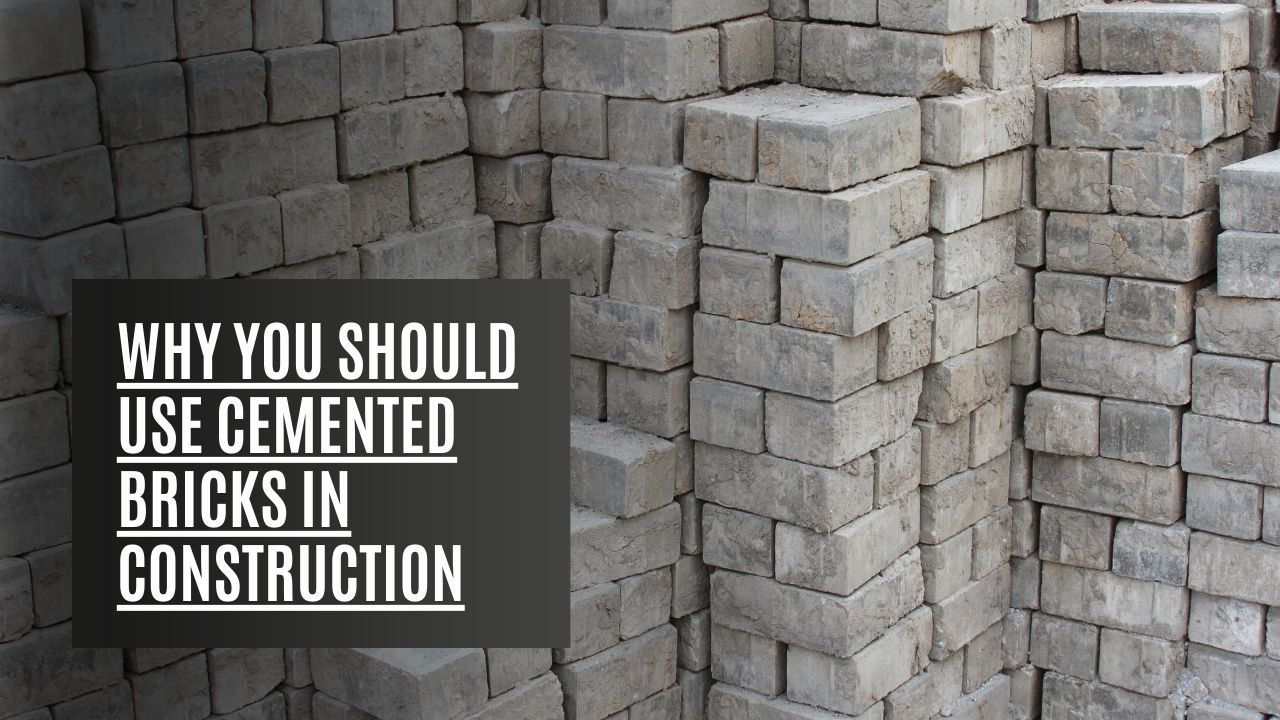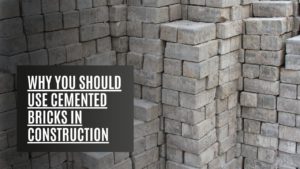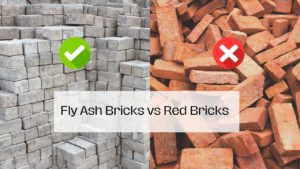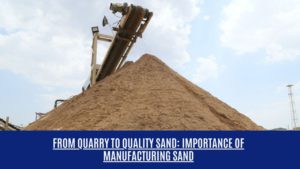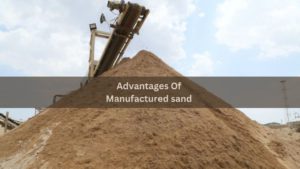Elevating Foundations: The Dynamic Role of Cemented Bricks in Construction
Cemented bricks are essential elements of the construction industry. They are more than what they seem to be, as they bear the complete structural load. Therefore, they need to be of top quality, strong, durable, and also affordable to buy and maintain. Cement bricks play a key role in masonry construction. These are-
-
A key component and its contribution is structural support
As we all know it plays a major role in masonry work, let’s discuss its composition and role played in strengthening and support. If we talk about the traditional way it is a unit of clay, rectangular in shape. Bricks are produced in numerous classes, types, materials, and sizes which vary with region and time period, and are produced in bulk quantities. Two basic categories of bricks are fired and unfired bricks or we can say clay composed or concrete based.
-
Industrial revolution’s impact on technological advancement
With the onset of industrial revolution demand for bricks increased rapidly, more and more construction affected demand & supply graph thus resulted in the evolution of concrete/non fired cement bricks. Produced in bulk with pre-quality and durability check is what we called technological advancement. With time change is inevitable, nowadays to meet the upcoming demand-supply ratio people has come up with effective alternates.
The raw material used in making cemented bricks are-
- Fly ash
- Sand/Stone dust
- Ordinary Portland Cement/(Lime+Gypsum)
What we should expect from modern days bricks? If we discuss parameters these few questions hit our mind!
- What are the strength, durability, and maintenance?
- Does it is according to climatic condition?
- Will it support structural load?
- Distribution of load and maintain indoor walls.
Components, Manufacturing, and Strength Measures of Cemented Bricks
To address these queries, we will elucidate the components and manufacturing processes involved in cement bricks. Additionally, we will delve into the specific strength measures implemented in their production.
Types and Uses of Cemented Bricks:
Cement bricks find applications in constructing homes, garden structures like retaining walls, driveways, and walkways. Various types include Construction Cement Bricks, Cement Solid Brick, Cement Hollow Blocks, Fly Ash Cement Bricks, and Building Cement Bricks.
Key Features of Cemented Bricks:
- High Strength
- Perfect Finish
- Crack Resistance
- Different Shapes and Sizes
Key Ingredients of Cemented Bricks:
Cement bricks consist of a mixture of powdered cement, water, sand, and gravel. This results in a light gray block with fine surface texture and high compressive strength. The concrete mixture used for blocks typically has a higher percentage of sand and a lower percentage of gravel and water, creating a dry, stiff mixture that maintains its shape. Additionally, admixtures may be included to alter curing time, increase compressive strength, and improve workability. Thorough quality control checks ensure excellent quality in cemented blocks for buyers.
ALSO READ: Is Manufactured sand equal to natural sand
Advantages of Cemented Bricks
Environment-friendly
Cement bricks boast eco-friendliness, minimizing environmental impact throughout their lifecycle, from production to disposal.
Compressive Strength for Structural Load Support
These bricks exhibit exceptional compressive strength, ensuring robust support for various structural loads in construction.
Easily Available in Bulk
Widely accessible in large quantities, cement bricks streamline construction processes with readily available and consistent supply.
Moldability as per Design and Climatic Condition
Offering versatility, cemented bricks can be easily molded to suit specific designs and adapt to varying climatic conditions.
Quality Control
Stringent quality control measures guarantee the production and distribution of high-quality cement bricks, meeting industry standards and customer expectations.
Conclusion
These all factors make it a right choice in the construction industry and for more details contact Raj Mineral.
Follow us on @rajminerals

